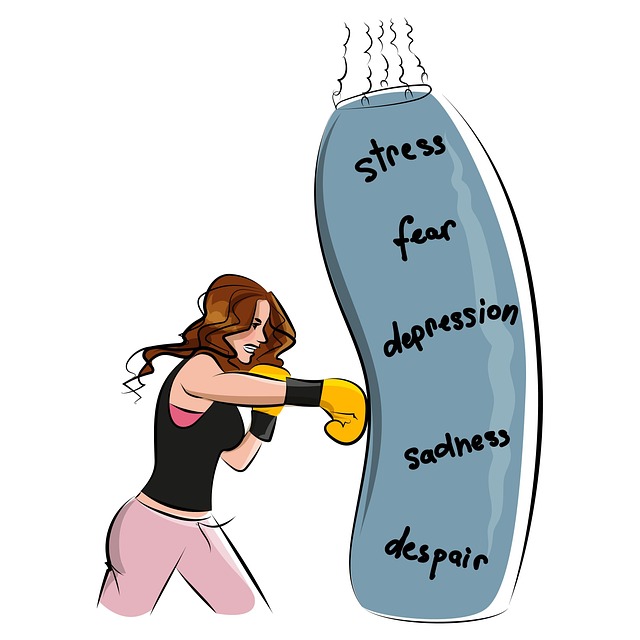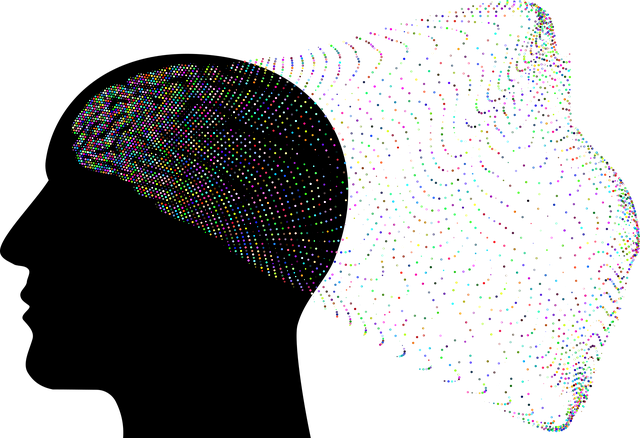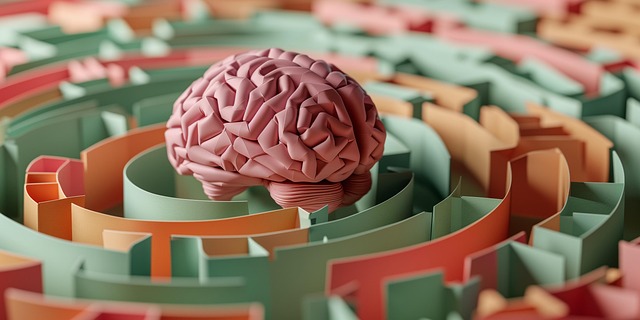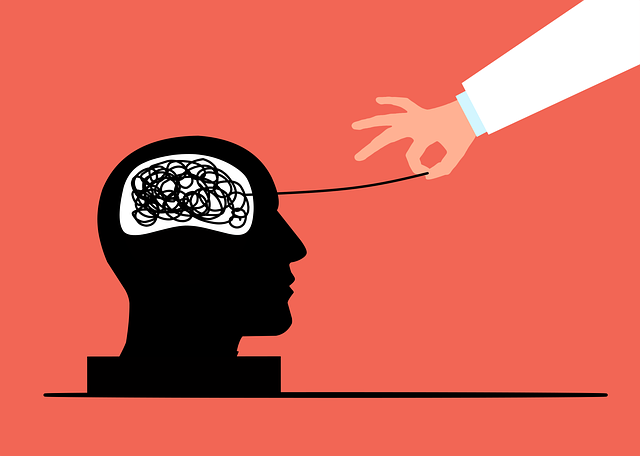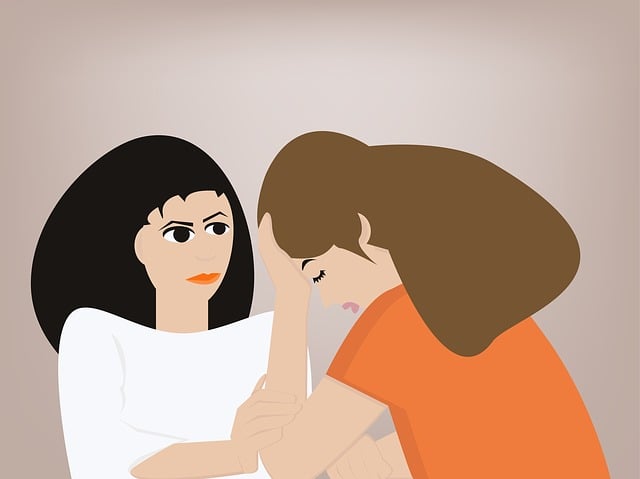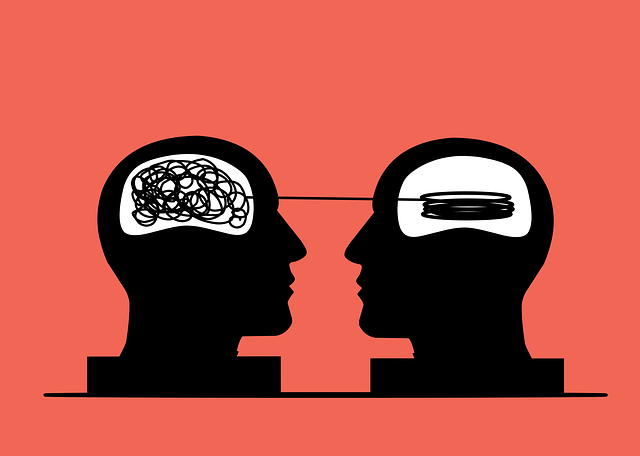Mental health challenges like Oppositional Defiant Disorder (ODD) significantly impact individuals in and around Lakewood. ODD, characterized by defiant behavior towards authority figures, hinders daily functioning and relationships. Effective digital therapeutic solutions for ODD, including Lakewood ODD Therapy apps, incorporate interactive features, evidence-based strategies, gamification, and risk management planning to improve emotional intelligence and self-esteem. Smartphone apps revolutionize mental wellness support with personalized resources, guided meditations, and progress tracking, potentially transforming healthcare accessibility for conditions like ODD. Combating stigma is crucial for creating a supportive environment in Lakewood.
In today’s digital age, mental wellness app development offers a promising avenue for supporting individuals facing challenges like Oppositional Defiant Disorder (ODD). This article explores how innovative applications can address ODD symptoms through evidence-based therapeutic solutions. We delve into the design considerations for effective digital interventions, emphasizing personalized and accessible care. By harnessing the power of technology, mental wellness apps provide a discrete and convenient approach to ODD therapy, such as Lakewood Oppositional Defiance Disorder Therapy, revolutionizing traditional treatment methods.
- Understanding Mental Health Challenges: A Focus on Oppositional Defiant Disorder (ODD)
- Designing Effective Digital Therapeutic Solutions for ODD
- The Role of Apps in Promoting Personalized and Accessible Mental Wellness Support
Understanding Mental Health Challenges: A Focus on Oppositional Defiant Disorder (ODD)

Mental health challenges, such as Oppositional Defiant Disorder (ODD), are significant issues that impact many individuals in Lakewood and beyond. ODD is characterized by a persistent pattern of angry and defiant behaviour, often directed towards figures of authority like parents, teachers, or caregivers. This disorder can manifest as frequent arguments, active defiance, and anger, significantly affecting a person’s daily functioning and relationships.
Addressing ODD requires a multi-faceted approach, including therapy that aligns with Mind Over Matter principles. By teaching individuals coping strategies and reframing negative thoughts, mental health education programs designed specifically for ODD can help reduce symptoms and improve overall well-being. Additionally, efforts to combat the stigma surrounding mental illness play a crucial role in creating a supportive environment for those living with ODD, fostering open dialogue and understanding.
Designing Effective Digital Therapeutic Solutions for ODD

Developing digital therapeutic solutions for Oppositional Defiance Disorder (ODD) requires a nuanced approach that goes beyond traditional therapy models. Effective Lakewood ODD Therapy apps should incorporate interactive and engaging features to capture and maintain user interest, while also providing evidence-based strategies tailored to address the core symptoms of ODD. By combining cognitive-behavioral techniques with gamification elements, these solutions can foster emotional intelligence and self-esteem improvement in users.
Risk management planning for mental health professionals is crucial when designing such apps. Careful consideration must be given to data privacy and security to protect sensitive user information. Additionally, incorporating progress tracking tools and real-time feedback mechanisms allows both therapists and clients to monitor treatment effectiveness and make necessary adjustments promptly. This iterative process ensures that the digital therapeutic solution remains not only engaging but also highly effective in supporting users on their journey towards better mental wellness.
The Role of Apps in Promoting Personalized and Accessible Mental Wellness Support

Smartphone apps have emerged as powerful tools in the realm of mental wellness support, offering personalized and accessible resources to individuals seeking aid. These applications provide a convenient way for people to connect with tailored therapy options, such as Lakewood Oppositional Defiance Disorder (ODD) Therapy, right at their fingertips. By utilizing technology, apps bridge the gap between traditional therapy sessions and immediate assistance, ensuring users have access to support whenever needed.
With features like interactive tools, guided meditations, and personalized coaching, mental wellness apps foster self-care practices and conflict resolution techniques. They often incorporate stress reduction methods, enabling users to manage their mental health effectively. Moreover, these platforms allow individuals to track their progress, set achievable goals, and receive timely reminders for activities that contribute to improved well-being. The development of innovative solutions like these has the potential to revolutionize mental healthcare accessibility, catering to a diverse range of needs, including those associated with ODD.
Mental wellness app development plays a pivotal role in addressing diverse conditions, such as Oppositional Defiant Disorder (ODD), by offering personalized and accessible therapeutic solutions. By leveraging digital tools, apps like those focused on Lakewood ODD therapy provide tailored interventions that cater to individual needs. This shift towards digital healthcare ensures continuity of care, enhances patient engagement, and ultimately contributes to improved mental wellness outcomes.

